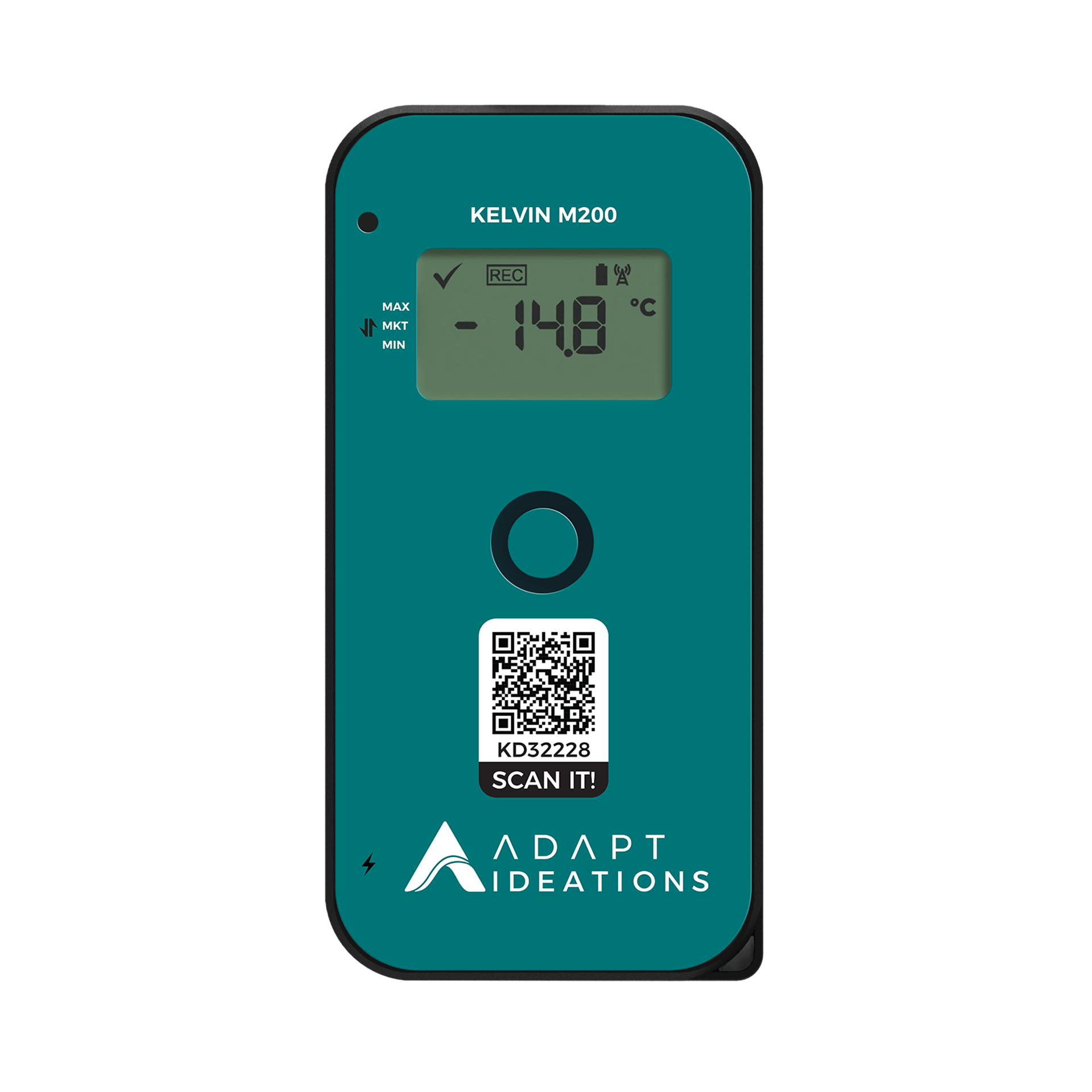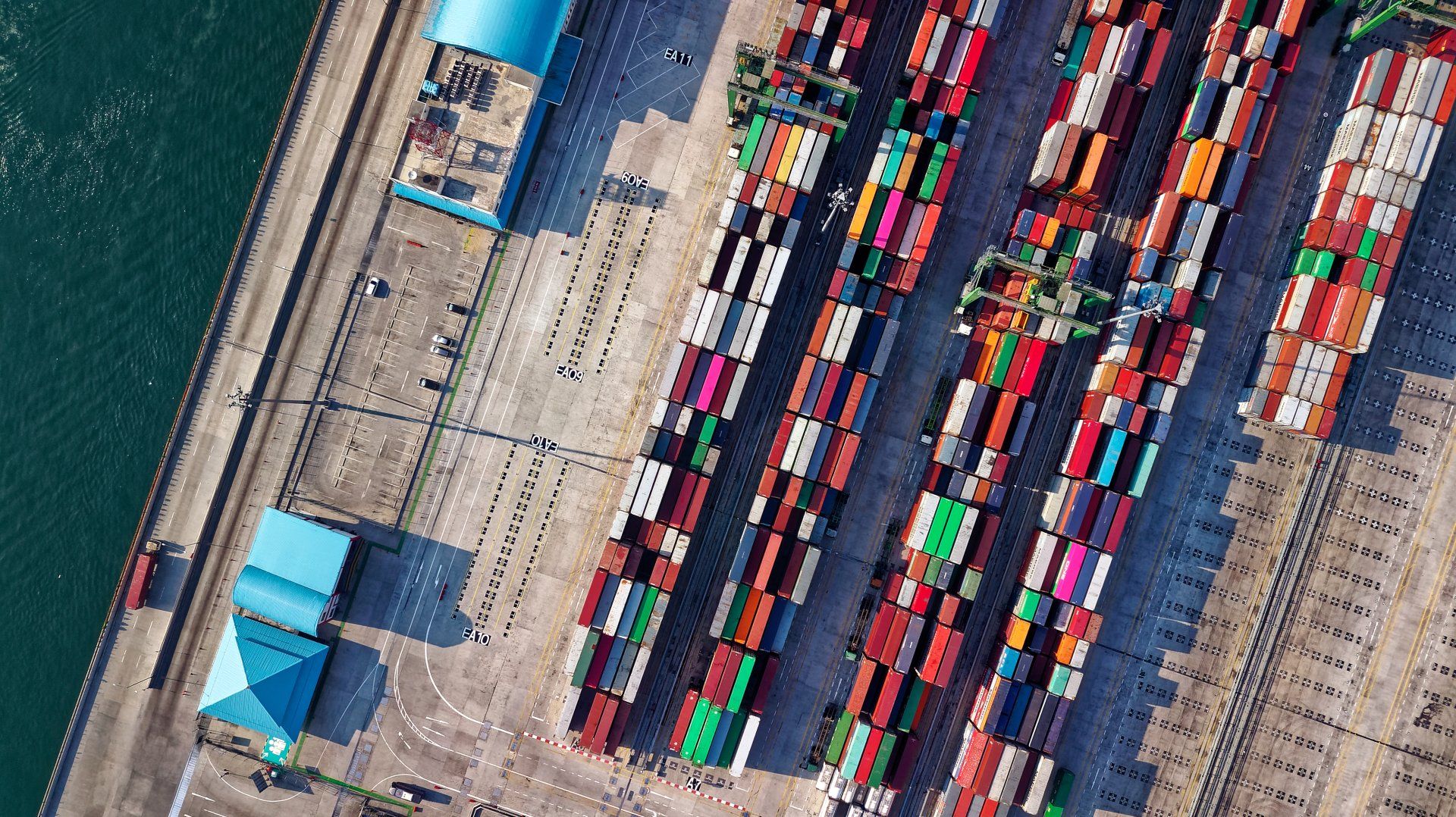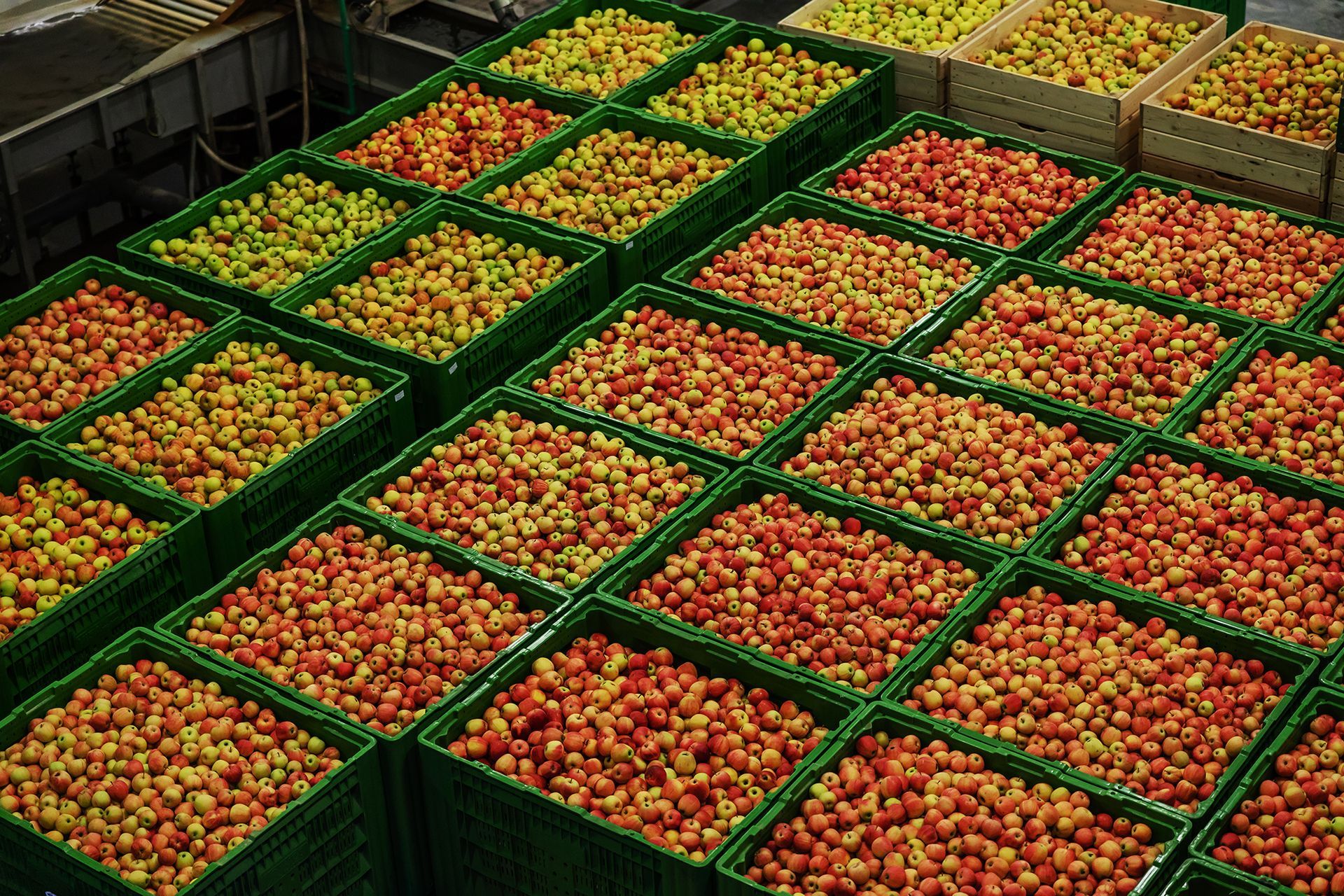Cold chain management enables companies to monitor, take necessary action and analyse data collected to protect temperature-sensitive assets.

The cold chain industry is one of the largest and fastest growing industries, with it being projected to reach USD $340 billion by 2025, as reported by PR Newswire in 2020. Industries adapt based on their clients’ evolving needs and changing quality standards and regulations. Companies are using new innovative solutions to stay competitive and help improve processes in place. The rise in trends towards quality perishable goods, increased global trade and the rapid expansion of pharmaceutical exports means that effective and reliable cold chain management including strict adherence to compliance measures is becoming a necessity.
Developments within the cold chain sector are a direct reflection of the various industries growing demands. Cold chain management enables companies to monitor, take necessary action and analyse data collected to protect temperature-sensitive assets. Innovative solutions allow visibility to be enhanced across the cold chain sector ensuring temperature-sensitive & high-value assets are handled and stored correctly.
The need to operate a more efficient cold chain results from stringent regulations and compliance measures within the industry. An effective cold chain ensures the integrity of perishable goods that are being transported and stored. The Australian Cold Chain guideline dictates that meat and seafoods must be stored at -12°C during transport for preservation during long haul journeys. The report also states that contaminated foods cause approximately 5.4 million cases of gastroenteritis annually in Australia, with a major contributing factor being poor cold chain management.
Often the challenge can arise from a lack of consistent visibility of temperature-sensitive assets particularly during transport throughout the cold chain. An article by Reiner Jedermann found that in the US alone, 40% of all foods being transported are wasted. The article further explains how the global increase towards food transportation and challenges associated with safeguarding temperature-sensitive perishable goods has accelerated the amount of products being wasted.
Another growing industry that requires stringent cold chain management is the pharmaceutical industry. The global distribution of pharmaceutical goods has grown substantially due to the impact of the pandemic. As a result, the global distribution of pharmaceuticals has increased, with shipping and transportation costs growing by 224% on average as found by the Association of Accessible Medication. Even generic medication must be consistently monitored during transportation to ensure that they do not deviate from the set parameters. Greater intelligence gathered from visibility throughout the cold chain will ensure the efficacy of pharmaceuticals is consistently maintained. Temperature monitoring ensures the effectiveness of the pharmaceuticals and assists in reducing losses associated with inefficient cold chain management and compliance.
At Adapt Ideations, our innovative solutions offer valuable data through their utilisation within the cold chain. The data provided offers greater visibility and transparency ensuring stakeholders understand how their perishable goods are being handled and stored throughout the cold chain. Transparent data and the ability to share the data with clients and stakeholders is important. The data can also allow informative insights to be developed and ensure all business decisions made are backed by data. Through the implementation of innovative asset tracking and monitoring solutions, businesses can develop greater supply chain intelligence.
Contact us today at enquiries@adaptideations.com to find out how you can enhance your cold chain operations.
Awards & Recognition
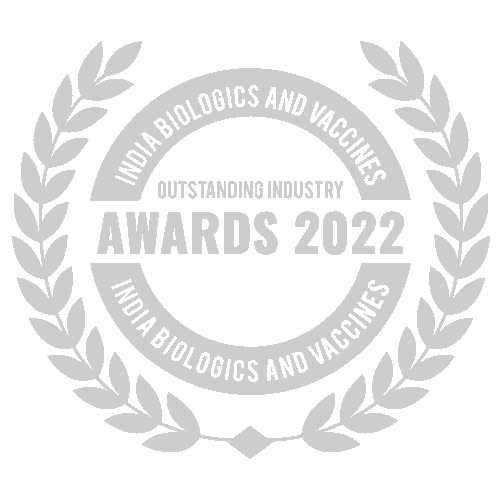
Best Temperature Monitoring Solution Provider
Awarded by India Biologics & Vaccines Outstanding Industry Awards 2022
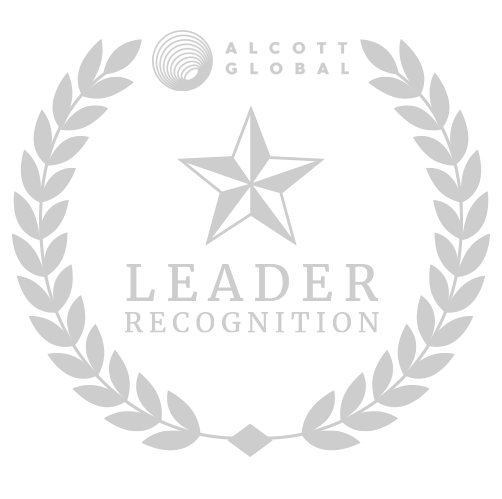
Adapt Ideations Recognised As A Supply Chain Leader
by Alcott Global on Supplify's Supply Chain Tech Map 2.0
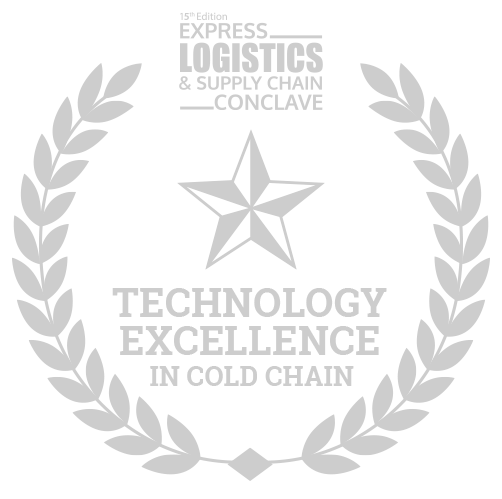
Related Articles.



Our Guides.
Sign up to our monthly newsletter!
Thank you for signing up.
Please try again later
